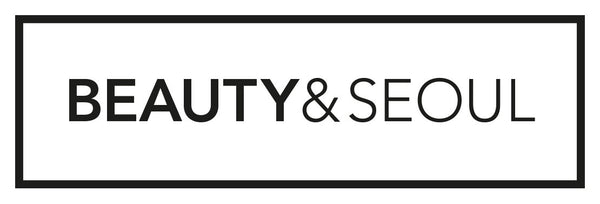The state of adoption in Korea: my story and why I’m fundraising
I was born on 6th June in a small town just outside Daejeon. My birth mother, aged 17, had run away to her brother’s place when she found out she was pregnant. Her parents had forced her to break up with her boyfriend (my birth father, who was from a much lower societal class). From what my records say, my birth parents were complete opposites. My birth mother, described in my paperwork as ‘short, caring, and shy’ was a top student whilst my birth father was ‘tall, popular and often skipped classes.’ It sounded like the quintessential ‘geeky girl meets popular boy’ at high school story. Both my birth parents were sporty; my birth father played basketball whilst my birth mother represented her district in track & field. I’ve spent my entire life wondering whether these attributes are a product of hereditary or environment.

I was transferred to Seoul soon after I was born to Eastern Child Welfare Society where I was fostered by a lady called Mrs Yoon. My parents came to collect me and I was brought home to Australia. And just like that, I went from Jang, Ma Ree to Maree van Aken; from Korean to Australian.
Adoption in South Korea remains a topic of hot debate. Following the Korean War in the 1950s, South Korea was one of the poorest countries in the world. Many babies were sent to the United States for adoption, having been orphaned during the war. For the next 30 years, this trend continued until, having undergone huge economic transformation, the West criticised South Korea for not taking care of its own despite its prospering economy. South Korea, shamefully, became known as the ultimate ‘baby exporter’ and this played on their conscience.
Now the 11th largest economy in the world, it seems as though whilst development has caught up, traditions and values haven’t. The shame the 80s brought with exporting ‘their own’ despite their wealth, meant that the Government put restrictions on international adoption. What wasn’t accounted for was the fact that ‘demand’ for internal adoption still wasn't there. Bloodlines remain hugely important in Korean culture, and ‘raising someone else’s child’ is frowned upon in Korean society. Therefore, very few Koreans domestically want to adopt. Having a child outside of wedlock is also frowned upon so consequently, babies are still being left at orphanages, and orphanages can’t shift these babies. It was as if South Korea developed too quickly; their customs had no time to catch up.
When I quit my job in 2016 and went to Korea in search for my birth family, I was fortunate enough to volunteer at the very same orphanage I was left in decades ago. These babies are all extremely well cared for and cuddles and love are given by the transient volunteers such as myself. But one can’t help but think what will happen to these children, and even more heartbreakingly, knowing that they probably will not be as fortunate as myself to be adopted in to a loving home. Once this dawned on me, wracked with emotions and guilt, I felt I could no longer volunteer there.

Two years later and back home in London, I received an email from my adoption agency a couple months ago asking for help. They were looking for money to help purchase powdered milk for the babies. Reading this, I know that people think as a wealthy country, it’s not our responsibility to care for these babies. And I agree. But until values move on and the government does something to help, the situation is that the future care of these babies relies on donations from others.
To help do my little bit, I’ve curated a skincare bag where for every bag sold I will donate £1 and then will personally double the total amount raised. I have also created a Just Giving page for those that wish to donate directly – whatever is raised here, I will also double. I don’t like to beg people for money but as this is a cause that is so deep to my heart, I ask that you donate generously.
All my love,
Maree x


Comments
Jade said:
Wow I didn’t know anything about this. Thank you so much for sharing
P e a c h said:
Thank you for sharing your story. It’s heart breaking that to this day, the Orphanges are still struggling. I will personally make a donation to your page. I also want to know if anyone can volunteer there? I would definitely want to, if permitted on my next trip to Seoul.